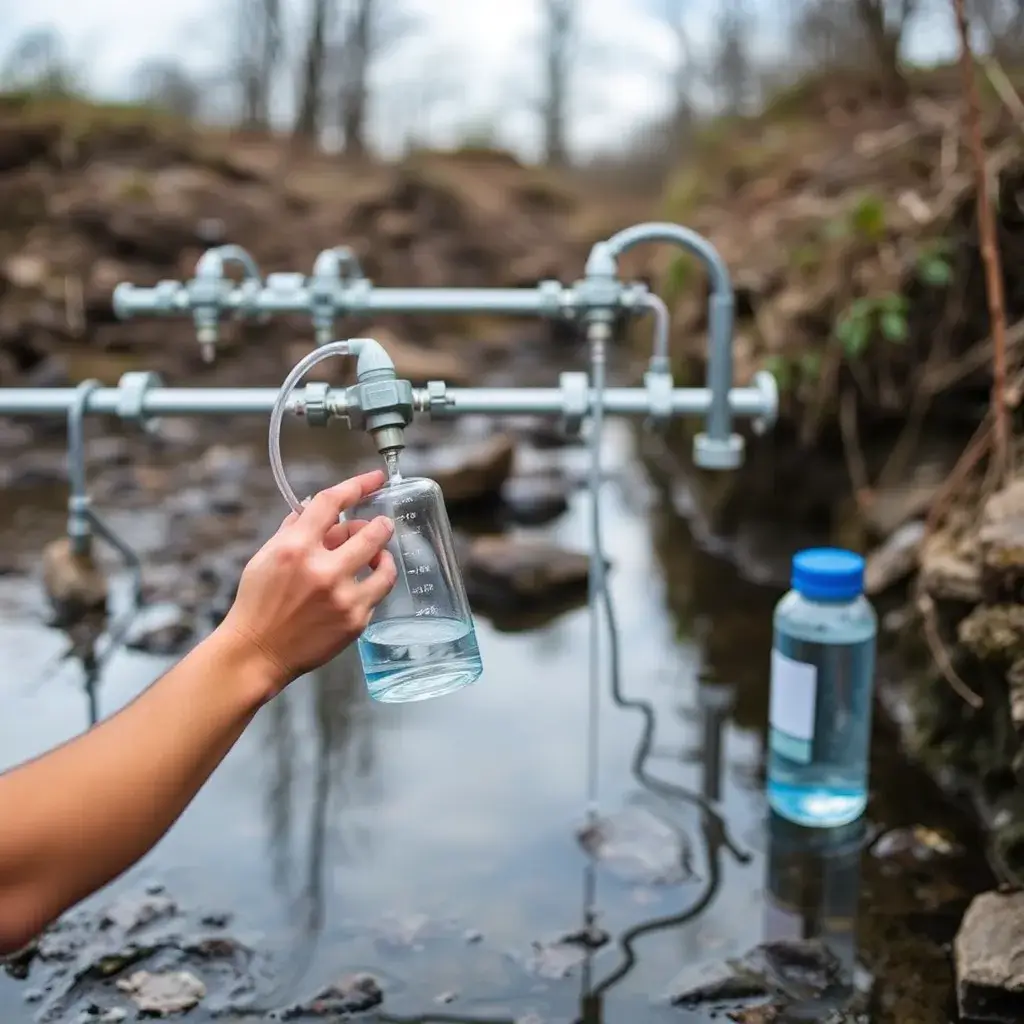
Waste Water & Process Water Testing
The treatment of wastewater and process water is essential for safeguarding public health, protecting the environment, and ensuring the efficiency of industrial processes. Regulatory bodies require regular analytical testing of wastewater effluents at different stages of the treatment process to ensure compliance with safety standards. Additionally, the chemical composition of process water used in systems like boilers and coolers must be routinely analyzed to prevent contamination, maintain system performance, and avoid potential environmental and operational risks.
Overview
Wastewater Treatment and Analysis
To protect the environment and communities, nearly all governments require the treatment and testing of municipal wastewater from households and industrial wastewater from sectors such as chemical, pharmaceutical, food, beverage, and other production facilities. The wastewater treatment process involves four main steps: Preliminary treatment, which removes large and settleable solids; Secondary treatment, which uses accelerated microbiological growth to remove organic pollutants; Tertiary treatment, which employs both chemical and biological processes to reduce nutrient loading; and Quaternary treatment, which addresses difficult emergent pollutants like pharmaceutical compounds. Analytical testing at each stage is essential for monitoring key chemical parameters such as nitrogen compounds, phosphates, and chlorine.
Process and Cooling Water Testing
Analyzing cooling and boiler water is crucial for power plants and industrial sectors, including chemical, pharmaceutical, and food and beverage companies. Monitoring silicate, calcium, and magnesium levels is vital as these compounds form scale deposits, increasing maintenance costs and downtime. Iron content is also monitored as an indicator of system corrosion. Before entering the feedwater tank, the input water undergoes a demineralizing process, typically through a clarifier. The water is further conditioned before being sent to the boiler or cooling loop for turbine operation or other industrial uses.
Wastewater and Process Water Testing Technologies
Regulatory agencies such as the U.S. Environmental Protection Agency (USEPA) require the use of official testing methods for wastewater and process water analysis. For microbiological testing, methods include culture-based or molecular techniques, while chemical analysis involves spectrophotometry, pH, conductivity, and turbidity testing. Advanced methods for detecting trace pollutants, such as ICP-MS or ICP-AES, are employed for higher sensitivity analysis, especially for detecting pollutants in the low parts per billion (ppb) range in water, wastewater, or acid-soluble solids.